Introduction
In the world of nutrition, bitter vegetables name often take a back seat to their milder counterparts. However, these greens are nutritional powerhouses that deserve our attention. In this article, we will delve into the realm of bitter vegetables, uncovering their names, exploring their benefits, and providing you with a well-rounded understanding of their importance in a healthy diet.
Bitter Vegetables Name
Bitter vegetables come in a diverse range, each offering a unique flavor and nutritional profile. Here are some of the bitter vegetables you should know:
Kale – The King of Greens

Kale, often hailed as the king of greens, is a nutritional powerhouse. Packed with vitamins, minerals, and antioxidants, kale is a must-add to your diet.
Arugula – Peppery Goodness
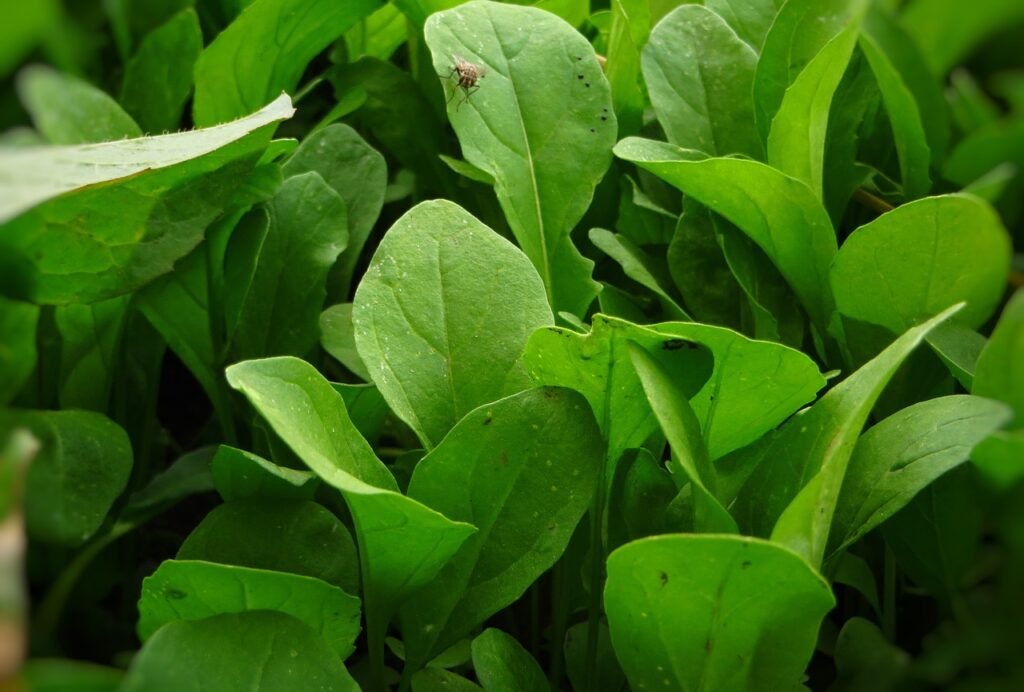
Arugula, with its peppery and slightly bitter taste, adds a delightful twist to salads and sandwiches. It’s rich in vitamins A and K.
Dandelion Greens – Nature’s Detoxifier

Dandelion greens have a distinct bitter flavor and are known for their detoxifying properties. They’re a good source of vitamins C and E.
Bitter Melon – A Tropical Delicacy

Bitter melon, commonly used in Asian cuisine, is not just a unique taste but also offers health benefits like blood sugar regulation.
Collard Greens – Southern Comfort
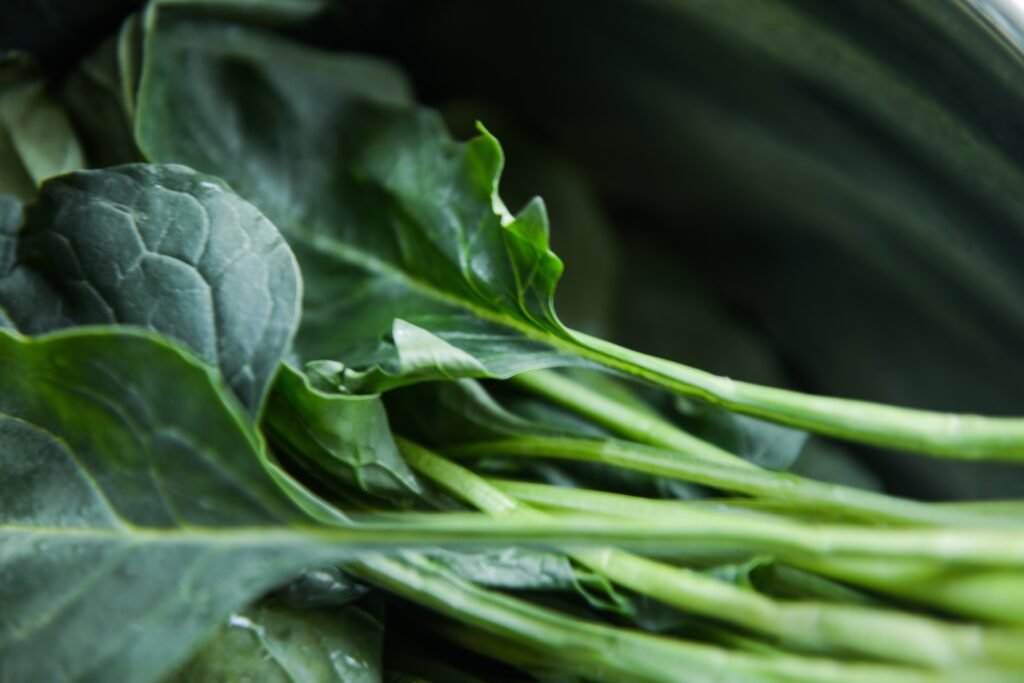
Collard greens are a Southern favorite, known for their hearty flavor. They’re high in calcium, vitamin C, and fiber.
Endive – A Culinary Delight
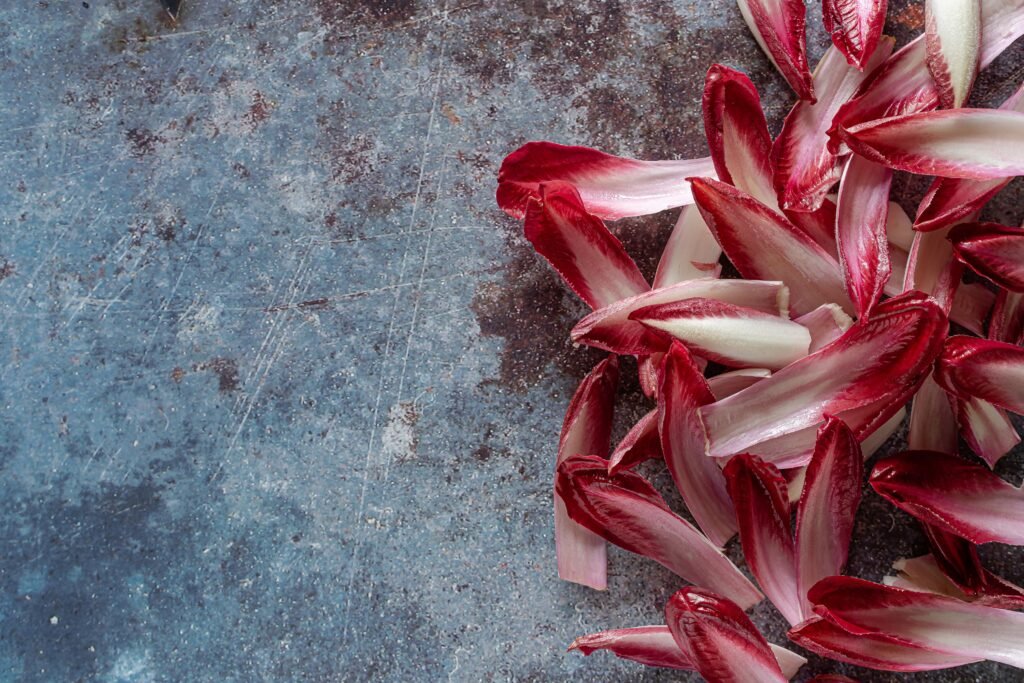
Endive, with its crisp texture and slightly bitter taste, adds a touch of sophistication to salads. It’s a good source of folate and fiber.
Broccoli Rabe – A Bold Flavor
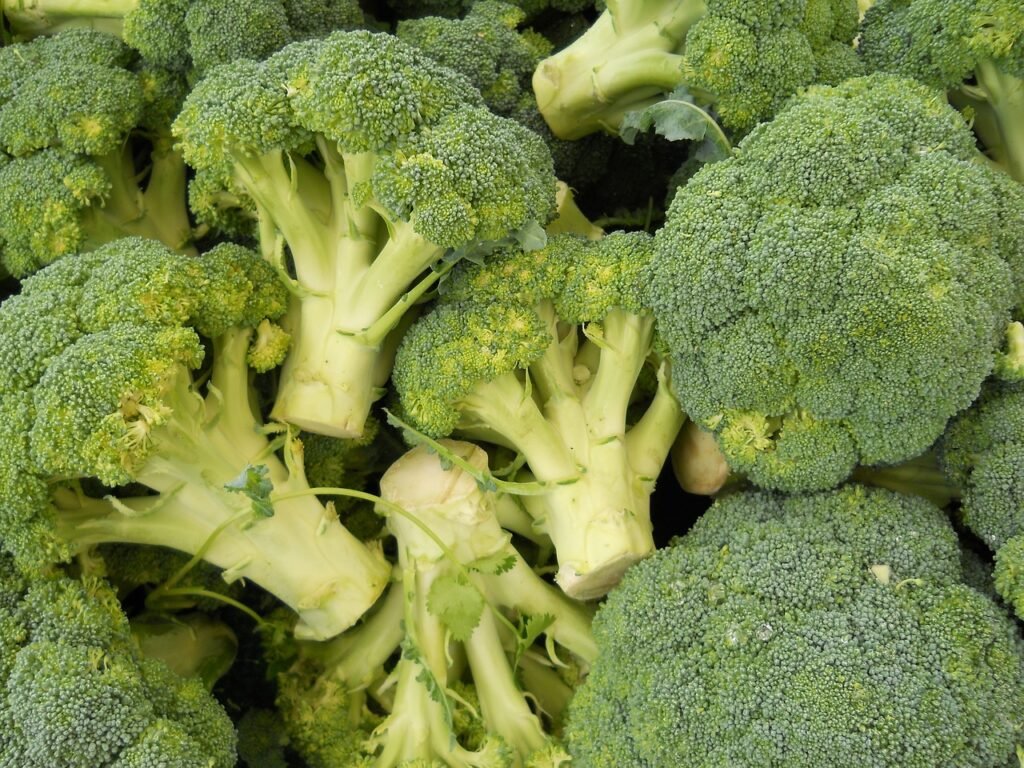
Broccoli rabe, also known as rapini, has a bold and bitter taste. It’s rich in vitamins A and C and can be sautéed or added to pasta dishes.
Swiss Chard – Colorful and Nutritious
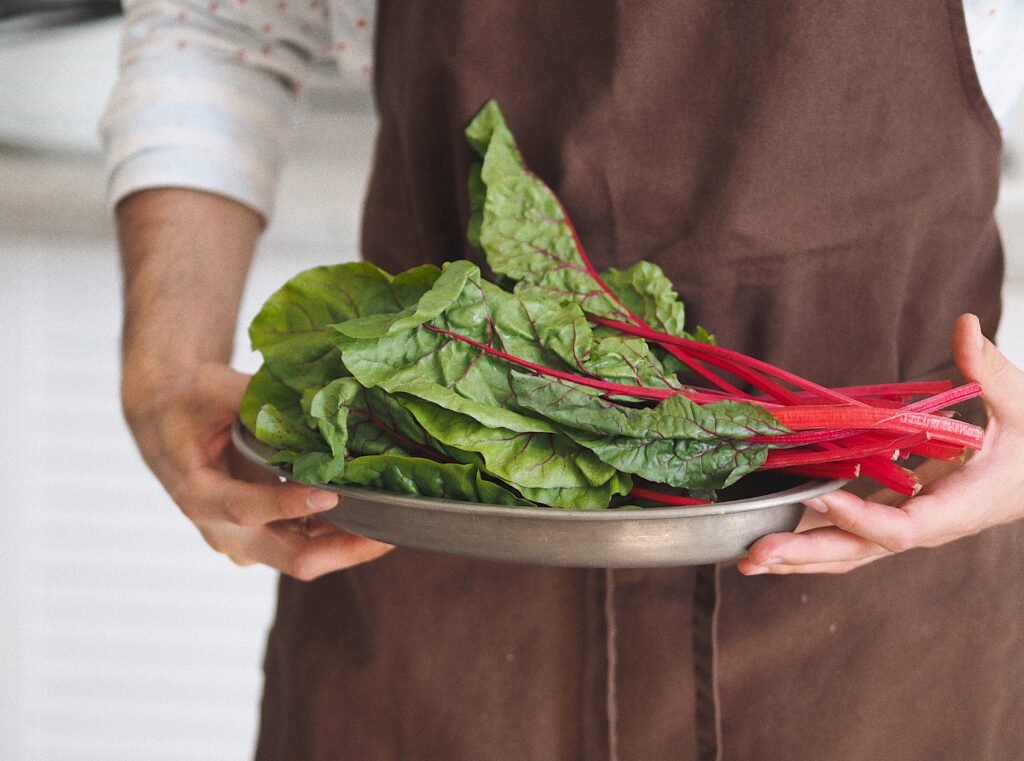
Swiss chard, with its colorful stems and slightly bitter leaves, is a great source of vitamins K and A.
Bok Choy – Asian Greens

Bok choy is a staple in Asian cuisine, known for its mild bitterness. It’s loaded with vitamins and minerals, including calcium and iron.
Chicory – Coffee Companion
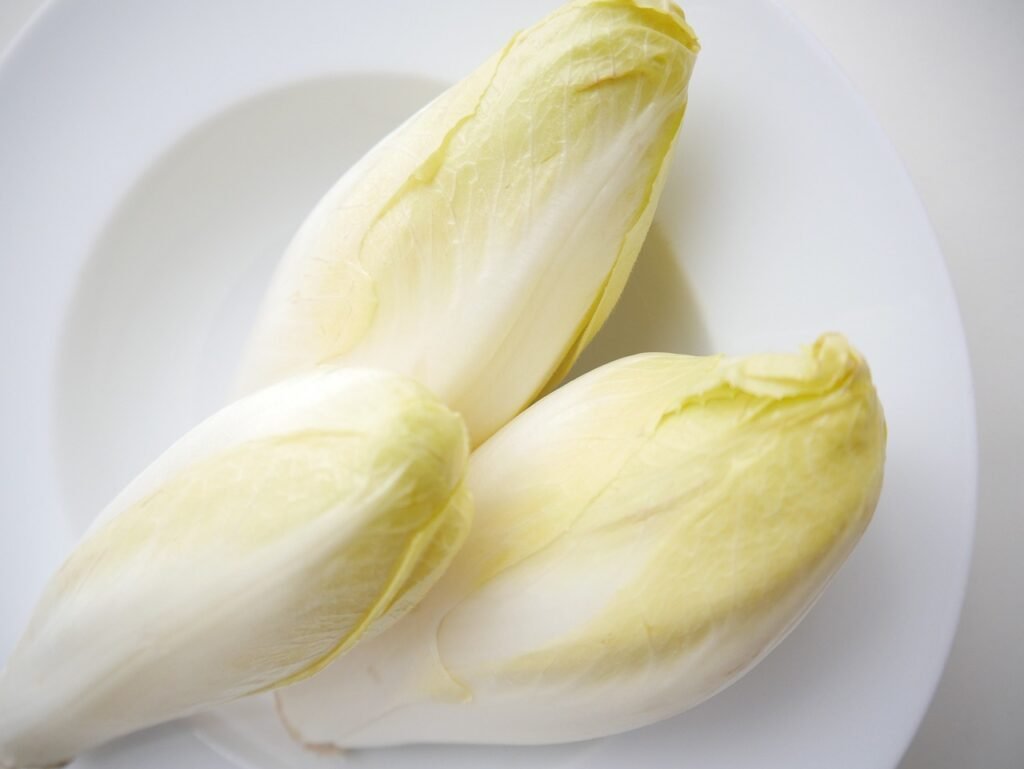
Chicory is often used as a coffee substitute, but its bitter leaves can also be used in salads. It’s a good source of dietary fiber.
Watercress – Peppery Perfection

Watercress adds a peppery kick to salads and sandwiches. It’s rich in vitamins and is believed to have cancer-fighting properties.
Mustard Greens – Spicy Goodness

Mustard greens offer a spicy and bitter flavor. They are a good source of vitamins A and C.
Radicchio – A Touch of Red
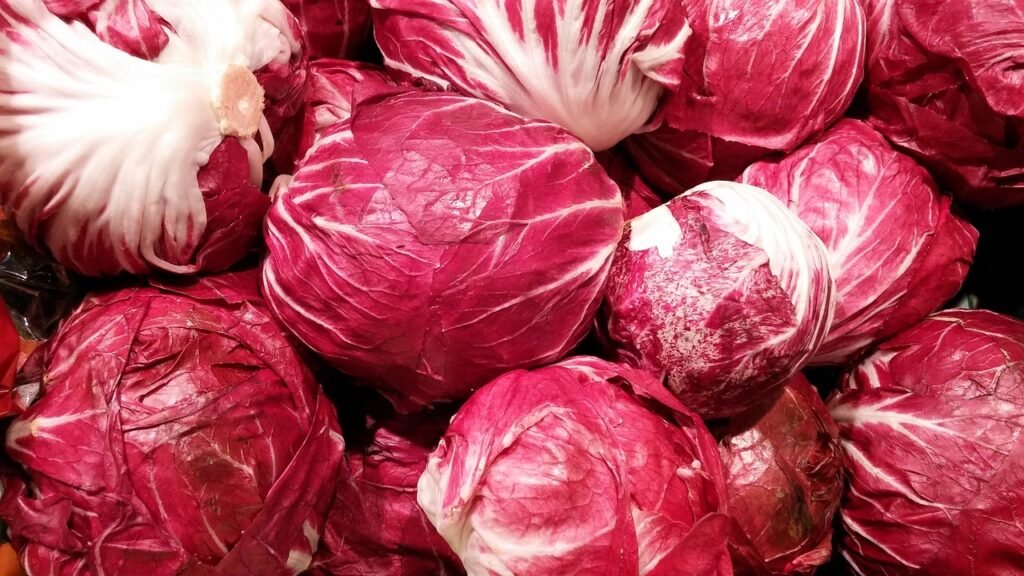
Radicchio’s vibrant red leaves have a bitter edge, making it a great addition to salads. It’s rich in antioxidants.
Sorrel – Lemon Tang

Sorrel has a lemony tang and a hint of bitterness. It’s high in vitamin C and adds a unique flavor to dishes.
Chinese Broccoli – Gai Lan

Chinese broccoli, or gai lan, is a staple in Asian cuisine. It has a mild bitterness and is packed with vitamins and minerals.
Turnip Greens – Earthy Goodness

Turnip greens have an earthy and slightly bitter taste. They are a good source of vitamin K.
Rapini – Robust Flavor
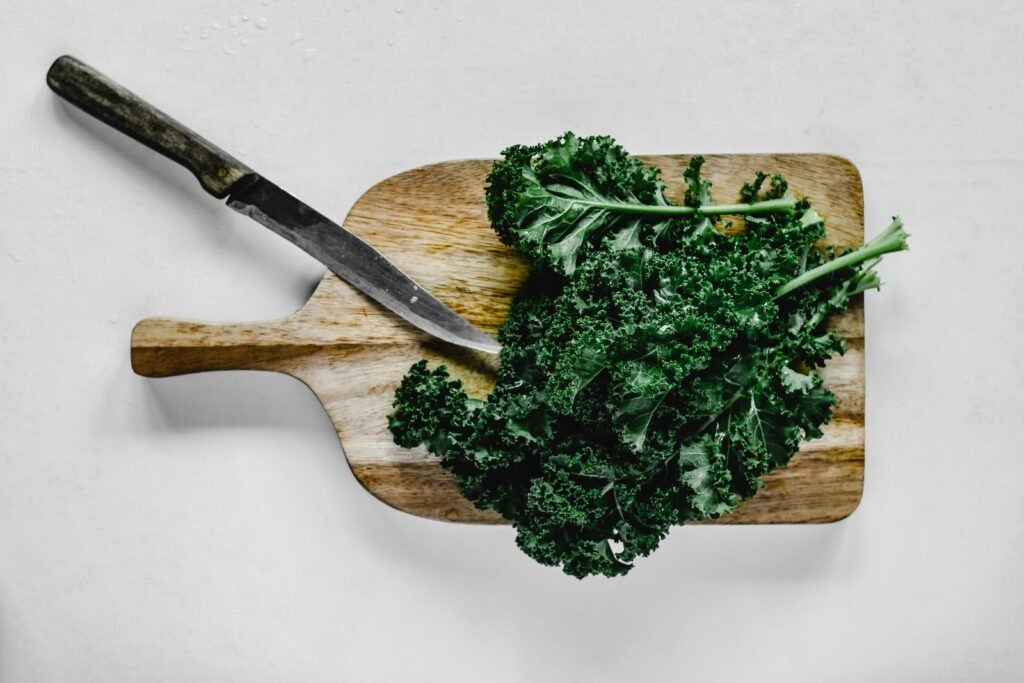
Rapini, also known as broccoli raab, boasts a robust and bitter taste. It’s rich in vitamins A and C.
Frisée – Curly and Crispy
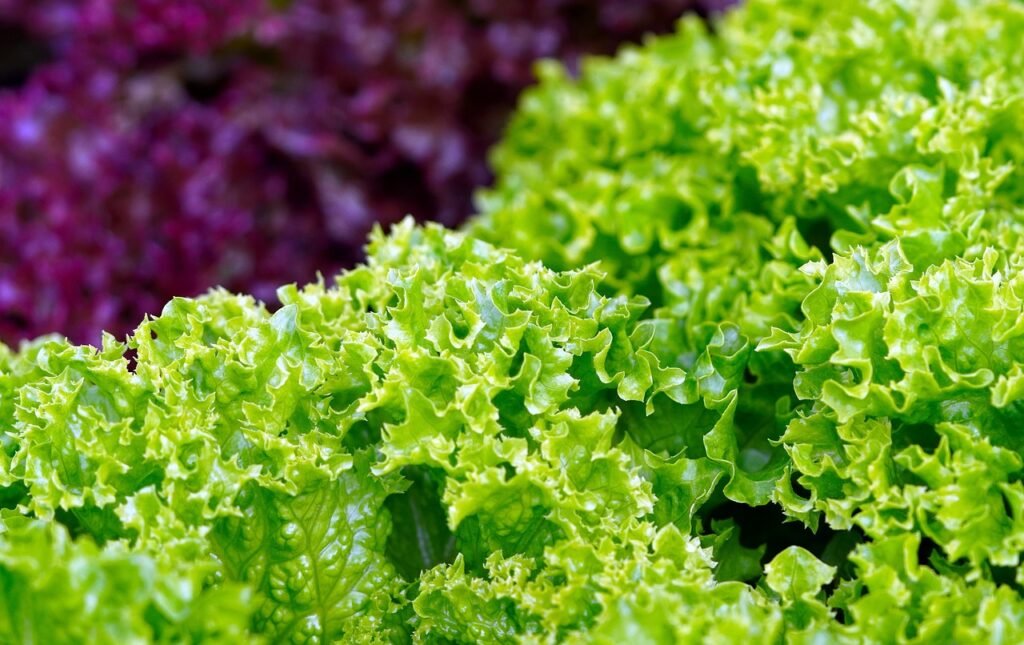
Frisée’s curly leaves and mild bitterness make it a popular choice in salads. It’s a good source of fiber and folate.
Cress – A Peppery Bite

Cress adds a peppery bite to salads and sandwiches. It’s rich in vitamins and is easy to grow at home.
Lettuce – Varieties Galore

Some lettuce varieties, like romaine and red leaf lettuce, have a mild bitterness that adds depth to salads.
Spinach – Nutrient-Rich

Spinach, although not intensely bitter, has a subtle bitterness and is a nutritional powerhouse.
Radish Greens – Don’t Discard Them

The greens of radishes have a mild bitterness and can be added to salads or sautéed as a side dish.
Chard – Versatile and Healthy

Chard, with its colorful stems and slightly bitter leaves, is a versatile and healthy addition to your meals.
Cabbage – Savory Crunch

Cabbage, particularly the green variety, has a mild bitterness and offers a satisfying crunch in salads and slaws.
Turnip Tops – Nutty and Bitter
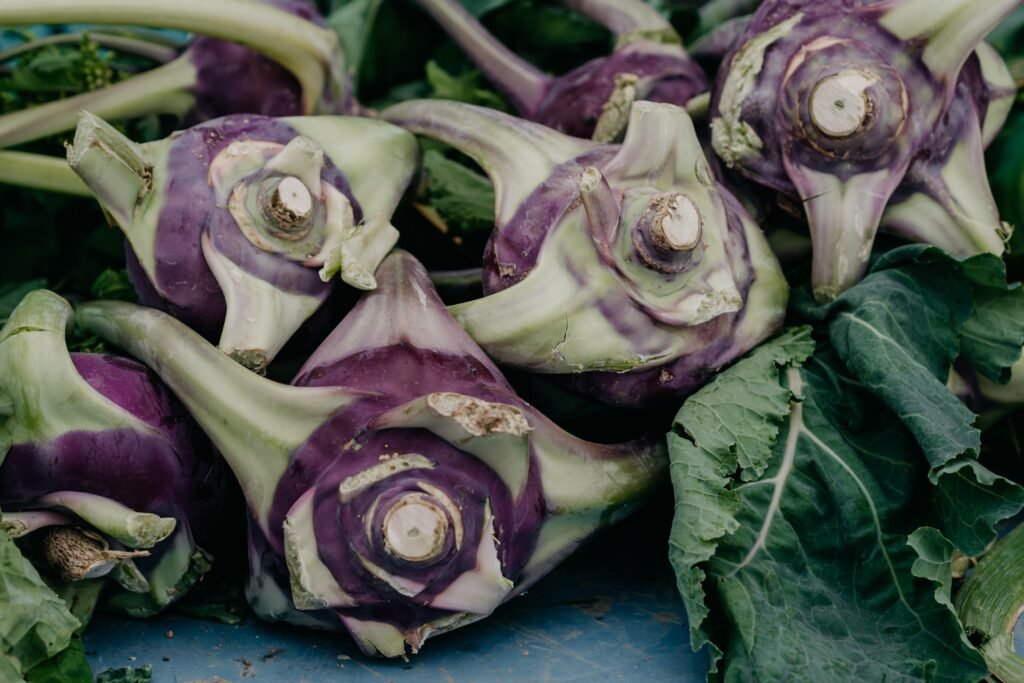
Turnip tops, or turnip greens, have a nutty and bitter taste that pairs well with a variety of dishes.
Now that we’ve explored the bitter vegetables name, let’s dive deeper into their benefits and how to incorporate them into your diet.
Benefits of Bitter Vegetables
Bitter vegetables may not be everyone’s favorite, but their health benefits are undeniable:
1. Nutrient-Rich
Bitter vegetables are packed with essential vitamins and minerals, including vitamin C, vitamin K, folate, and iron.
2. Digestive Aid
The bitterness in these greens stimulates the production of digestive enzymes, aiding in digestion and promoting a healthy gut.
3. Weight Management
Bitter vegetables are low in calories and high in fiber, making them an excellent choice for those looking to manage their weight.
4. Antioxidant Power
Many bitter greens are rich in antioxidants, which help protect your cells from damage and reduce the risk of chronic diseases.
5. Blood Sugar Control
Some bitter vegetables, like bitter melon, have been shown to help regulate blood sugar levels, making them beneficial for individuals with diabetes.
6. Detoxification
Dandelion greens and other bitter vegetables are known for their detoxifying properties, helping the body eliminate toxins.
7. Heart Health
The fiber and potassium in bitter vegetables contribute to heart health by promoting healthy blood pressure levels.
Summary And List of Bitter Vegetables
| Bitter Vegetables | Flavor Profile | Key Nutrients | Popular Uses |
| Kale | Nutty and Earthy | Vitamins A, K, C | Salads, Smoothies, Sautéed |
| Arugula | Peppery | Vitamins A, K | Salads, Sandwiches |
| Dandelion Greens | Distinct Bitter | Vitamins C, E | Salads, Detox Drinks |
| Bitter Melon | Intensely Bitter | Vitamins C, B6 | Stir-fries, Soups, Stuffed Dishes |
| Collard Greens | Hearty | Vitamins C, K | Soups, Stews, Sautéed |
| Endive | Slightly Bitter | Folate, Fiber | Salads, Appetizers |
| Broccoli Rabe | Bold and Bitter | Vitamins A, C | Sautéed, Pasta Dishes |
| Swiss Chard | Colorful and Mild | Vitamins K, A | Sautéed, Stir-fries |
| Bok Choy | Mildly Bitter | Vitamins C, A, K | Stir-fries, Soups |
| Chicory | Mildly Bitter | Dietary Fiber | Salads, Coffee Substitute |
| Watercress | Peppery | Vitamins, Antioxidants | Salads, Garnish |
| Mustard Greens | Spicy Bitterness | Vitamins A, C | Sautéed, Pickled |
| Radicchio | Vibrant Bitter | Antioxidants | Salads, Grilled |
| Sorrel | Lemony Tang | Vitamin C | Soups, Sauces |
| Chinese Broccoli | Mildly Bitter | Vitamins, Minerals | Stir-fries, Asian Dishes |
| Turnip Greens | Earthy and Bitter | Vitamin K | Sautéed, Soups |
| Rapini | Robust Bitter | Vitamins A, C | Sautéed, Pasta, Pizzas |
| Frisée | Curly and Mild | Fiber, Folate | Salads, Garnish |
| Cress | Peppery Bite | Vitamins, Antioxidants | Salads, Sandwiches |
| Lettuce Varieties | Mildly Bitter | Vitamins, Fiber | Salads, Wraps |
| Spinach | Subtle Bitterness | Vitamins, Iron | Salads, Smoothies, Cooked Dishes |
| Radish Greens | Mildly Bitter | Vitamins C, K | Salads, Sautéed |
| Chard | Colorful and Mild | Vitamins, Fiber | Sautéed, Grilled |
| Cabbage | Mildly Bitter | Vitamins, Fiber | Salads, Slaws |
| Turnip Tops | Nutty and Bitter | Vitamins, Minerals | Sautéed, Soups |
This table summarizes the bitter vegetables, their flavor profiles, key nutrients, and popular culinary uses. Enjoy exploring these nutritious greens in your meals!
Bitter vegetables for kids
Broccoli: While broccoli has a mild bitterness, it’s rich in vitamins and fiber. Try serving it with a tasty dip like hummus or a sprinkle of cheese to make it more appealing to kids.
Brussels Sprouts: These mini cabbages have a slightly bitter taste. Roasting them with a touch of olive oil and a sprinkle of parmesan cheese can make them more kid-friendly.
Spinach: Spinach has a subtle bitterness. You can blend it into smoothies or sneak it into pasta dishes and casseroles for added nutrients.
Kale Chips: Baked kale chips are a crunchy and nutritious snack. Season them with a bit of salt and nutritional yeast to reduce bitterness.
Arugula: Arugula’s peppery bite can be balanced with a sweet dressing in salads. Mixing it with milder greens can also help kids adjust to the flavor.
Conclusion
Bitter vegetables may have an acquired taste, but their nutritional benefits make them worth exploring. From kale to dandelion greens, each bitter vegetable brings a unique flavor and a host of health advantages to the table. So, don’t shy away from the bitterness; embrace it as a pathway to a healthier you.
Remember, adding variety to your diet is key to reaping the full spectrum of nutrients, and bitter vegetables can be an exciting addition to your culinary repertoire. So, go ahead, give them a try, and savor the health benefits they offer.
FAQs
Can I make bitter vegetables taste better?
Yes, you can. Try cooking them with olive oil, garlic, or lemon juice to mellow out the bitterness.
Are bitter vegetables suitable for children?
While some kids may need time to acquire a taste for bitterness, it’s worth introducing them to these greens early for their health benefits.
How do I store bitter vegetables?
Store them in the refrigerator’s crisper drawer, preferably in a plastic bag to maintain freshness.
Are there any side effects to eating bitter vegetables?
In general, bitter vegetables are safe to eat, but if you have certain medical conditions, consult your doctor before making them a regular part of your diet.
Can bitter vegetables help with weight loss?
Yes, their low calorie and high fiber content can aid in weight management.
What’s the best way to cook bitter vegetables?
Experiment with different cooking methods, such as sautéing, roasting, or adding them to soups and stews, to find your preferred preparation.





